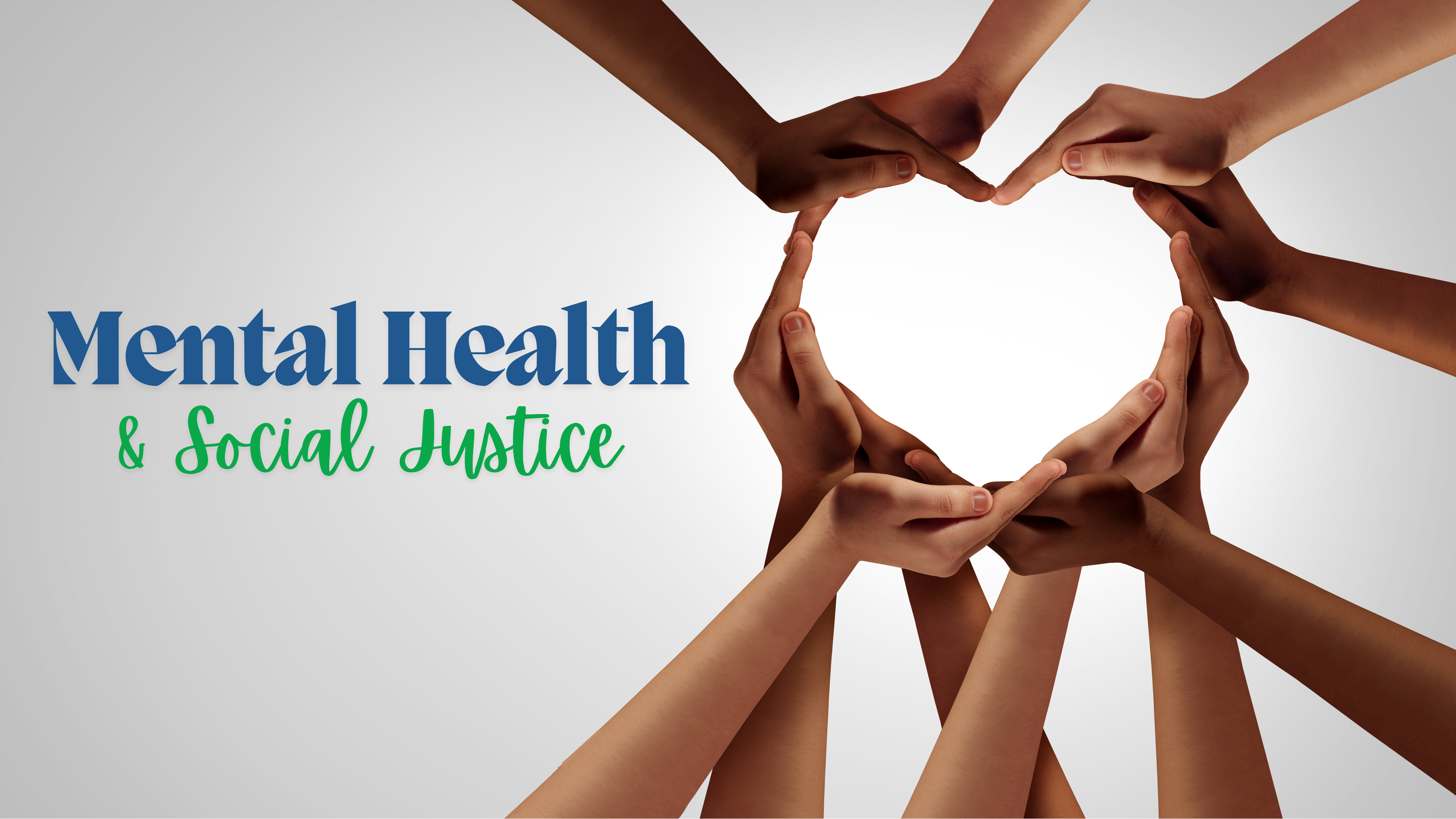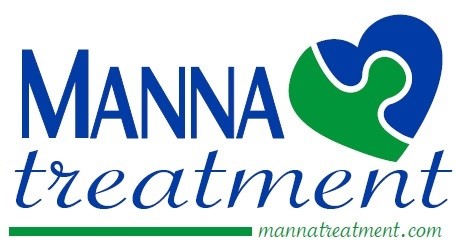
Social justice and its systematic impacts/inequalities are aspects that affect mental health and access to care. Mental health is not just an individual issue; it is deeply intertwined with social, economic, and political structures. Factors such as race, gender, socioeconomic status, and sexual orientation can profoundly influence mental health experiences. Here’s how these intersections play out:
1. Communities of color often face higher rates of mental health disorders, emphasized by systemic racism and discrimination. Access to culturally competent care is often limited, leading to untreated conditions and worsening mental health outcomes.
2. Gender-based violence, discrimination, and societal expectations can significantly impact mental health. The stigma around mental health can prevent individuals from seeking help, leaving them to cope with their struggles alone.
3. Individuals from lower socioeconomic backgrounds may lack access to mental health resources, facing obstacles such as cost, lack of insurance, and insufficient local services. Financial stress itself is a significant contributor to mental health issues.
It is important to become self-aware of how the intersections of your identities are impacted by systems and past experiences. Often times therapy can be a great way to gain insights on your personal impacts and areas of privilege vs oppression. Although it may prove to be difficult for individuals to change the systems that result in oppression and lack of access to care by themselves, there are few ways they can make an effort to contribute to methods of change.
Join a social justice movement! After becoming aware of systematic impacts on your identity, find a movement that you feel passionate about and get connected or find ways to donate/support causes that are important to you.
Educate yourself about mental health stigmas! Make an effort to help challenge the stigma surrounding mental health by engaging in open conversations and reducing barriers to seeking help as you share your own experiences and thoughts.
Explore Diverse Communities! Social justice initiatives often create supportive networks that foster community resilience and collective healing. These networks can provide essential resources and support for individuals facing mental health challenges.
Impactful change starts on an individual level. Tune in with yourself to unpack the complexities of your identity- you can start today!
-Zemirah Griffin, Primary Therapist



